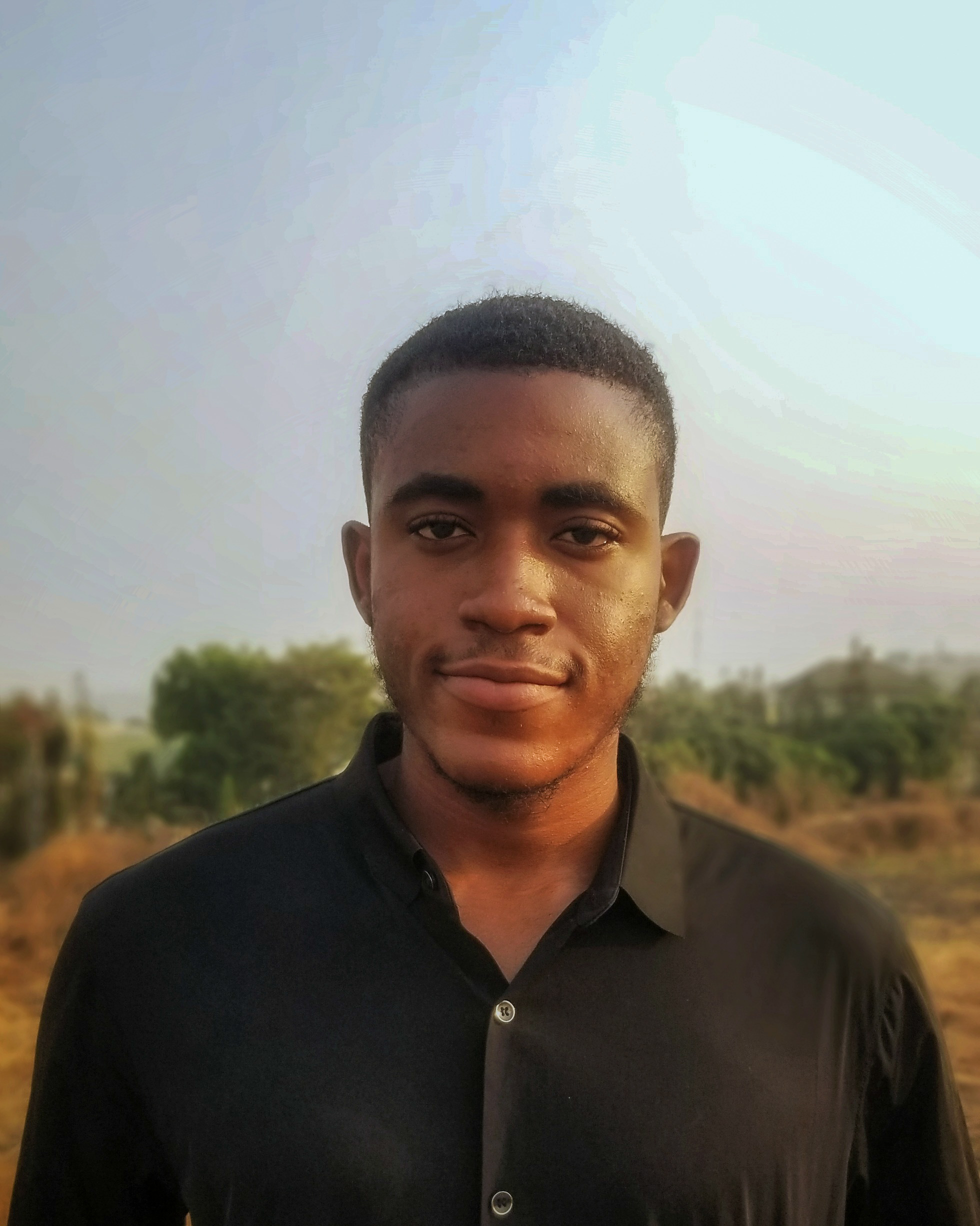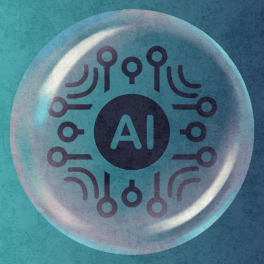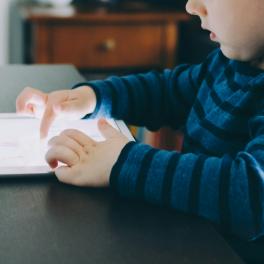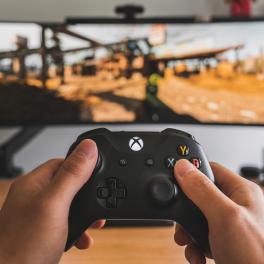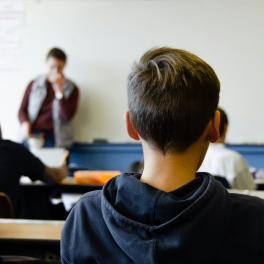
You may have seen the recent trend of people creating digital portraits of themselves using AI technology. It seems fairly harmless and fun until you take a deep dive into the means behind creating those images.
I talked to a friend of mine, Poppy, about AI art. She's a digital artist, a member of the population most uniquely affected by this new trend.
I asked her first how AI art works. AI analyzes a data pool and combines elements from that pool to generate something similar but unique. It's not creating anything new from scratch, it's just taking different aspects of what's available and combining them in new ways. If something is not available (for example, if there were no depictions of sunsets) AI has no context for it and, as such, cannot form it.
Poppy told me AI is used in some NFTs. For example, an artist creates a hundred illustrations, by hand, of an ape which are very similar but have small unique differences. Then feeds this into an AI engine which analyzes the differences and can output thousands of new illustrations which combine these differences in new ways saving the artist a lot of time.
The key thing of note here: All the AI is working with is the artist's own work. Data that belongs to them. And the result still belongs to said artist. The AI is a tool serving the artist. What the AI companies are doing now is different. It's overreaching.
They're feeding their generators everything. Art that belongs to every artist. Everything they can find online, copyrighted or not. From Leonardo Da Vinci to contemporary artists like Artgerm and James Gurney to Poppy, herself.
What this means is that AI is stealing things from these artists and combining them to give you something in their style. And, of course, it's cheaper. The twenty or so days it would take the artist to make something new for you? No need!
There's a theory as to one reason AI can't draw hands yet. Artists hate drawing hands, so there's not a lot of references. So, if you're stealing from a particular artist's style and they haven't drawn a lot of hands (or most of their work with hands isn't online) your AI will output something grotesque, even though the artist would have drawn you perfect hands if you'd asked them. So the AI isn't “learning” in the way that people are. It's just taking and combining.
Why is this bad? It's helping so many people, so many businesses, cut costs, isn't it? Why pay an artist their fees when you can get their hard work for “free” or cheap?
Well, you see, art is one of the most unremunerated, uncredited and unappreciated aspects of the world. It's already suffering, and ‘AI art’ will only hurt artists more. Because it's edging them out of the market WITH THEIR OWN ART. The person is being replaced with a tool that stole everything it is from them. Justification for all of this is not difficult to find. But, as Poppy told me, all of this is “use” justification. The artist is not considered. Never considered. Every defense of AI art starts with: “I use it for...” and “People use it for...” But our argument is not against its usefulness; it is against its ethics.
Poppy wondered why everybody was content to watch artists suffer this fate. Don't they know it will eventually come for writing? For music?
This is where I started talking more. I believe AI will NEVER come for music in the way it has come for art. And here's why.
A lot of the music industry is owned. Not patronized. Owned. By megacorporations.
Warner Media. Sony. They own your biggest artists. Your “industry babies” are called that because the industry owns them. And it owns their music.
YouTubers struggle with analyzing music in their educative videos because these corporations are vicious about copy strikes. Many music YouTubers have given up on getting any ad revenue for their educative content because of this. There is a whole raging debate about fair use. And these corporations don't care. You're using Beyonce's music? Pay up. They don't care why, where, or how much.
If AI comes for music, you think it can keep its hands out of that sweet corporation pie?
Stick only to small indie artist? Of course not! Nobody wants to make music in the style of “S@=f's Duddete in the Starlight”. They want to make something that you could swear was “Adele” though.
And the corporations will come for them like a hammer. Like the wrath of God.
These companies are willing to throw millions around to make sure you can't use a “lick” or guitar riff because it belongs to their most popular songs. They have the laws around music copyright by the figurative balls.
If AI comes for music, they will shut it down. Music is safe—well, safer—because of greed. The greed of AI art developers cannot match the greed of megacorporations. The visual artists aren't backed by megacorporations. The fact that most art is indie is both their freedom and their doom in the sense that they can't fight the tech bros who want tech to swallow everything and the opportunists who will use this tech to make money off the backs of both tech bros and artists.
Warner Media, Sony, Disney and all the big corporations will not fight artists' battles for them. At least, not until AI comes for music. Then you will realize that all the justifications you have read about this topic do not matter in the face of threats to the big guy's profit.
The disadvantage of this is that the rules of the game will be written by the victors. The Disneys and Sonys of the world. And these rules will solve this problem, yes, but they will create others. Restrict more good freedoms. YouTubers will never get anyone to recognize fair use. Because megacorporations are not altruistic. They will pursue their own favor, always. Lose-lose, in the end, for the small artist.
This is not to say that all AI companies are doing wrong but just think twice and dig a little deeper before you create that AI-generated portrait of yourself.
Support Young Creators Like This One!
VoiceBox is a platform built to help young creators thrive. We believe that sharing thoughtful, high-quality content deserves pay even if your audience isn’t 100,000 strong.
But here's the thing: while you enjoy free content, our young contributors from all over the world are fairly compensated for their work. To keep this up, we need your help.
Will you join our community of supporters?
Your donation, no matter the size, makes a real difference. It allows us to:
- Compensate young creators for their work
- Maintain a safe, ad-free environment
- Continue providing high-quality, free content, including research reports and insights into youth issues
- Highlight youth voices and unique perspectives from cultures around the world
Your generosity fuels our mission! By supporting VoiceBox, you are directly supporting young people and showing that you value what they have to say.

